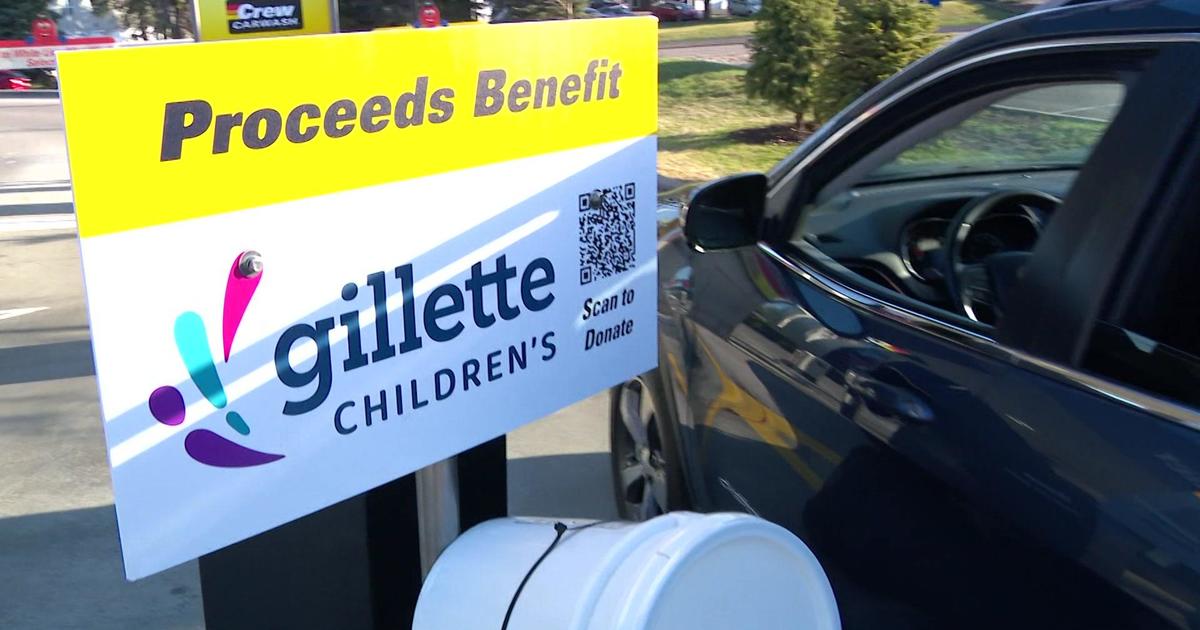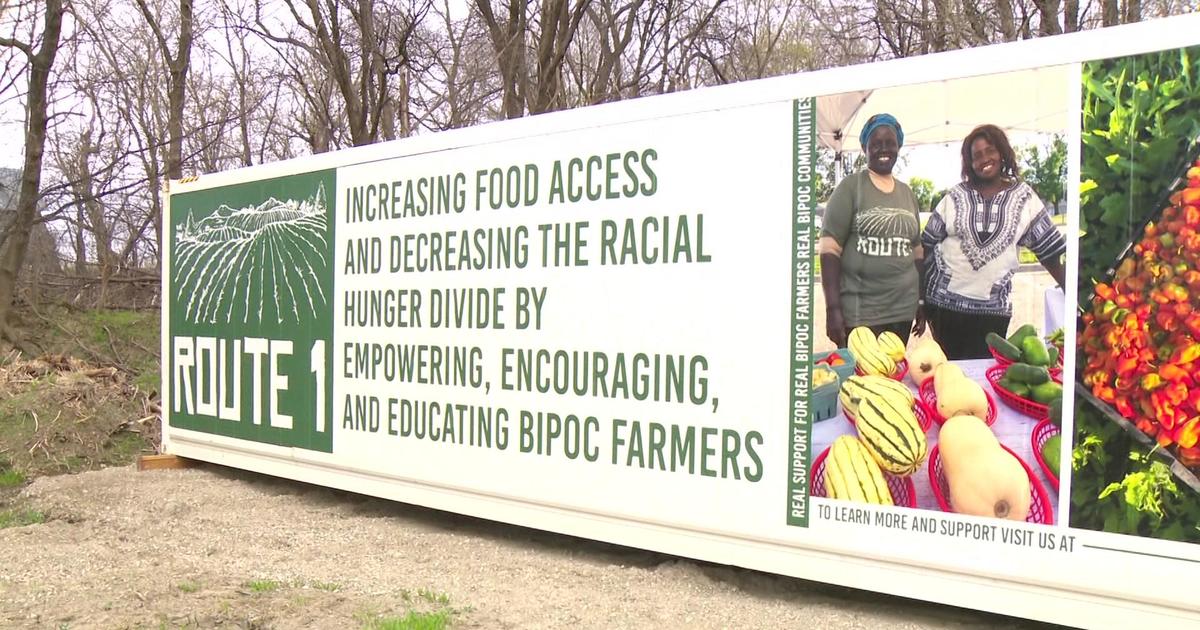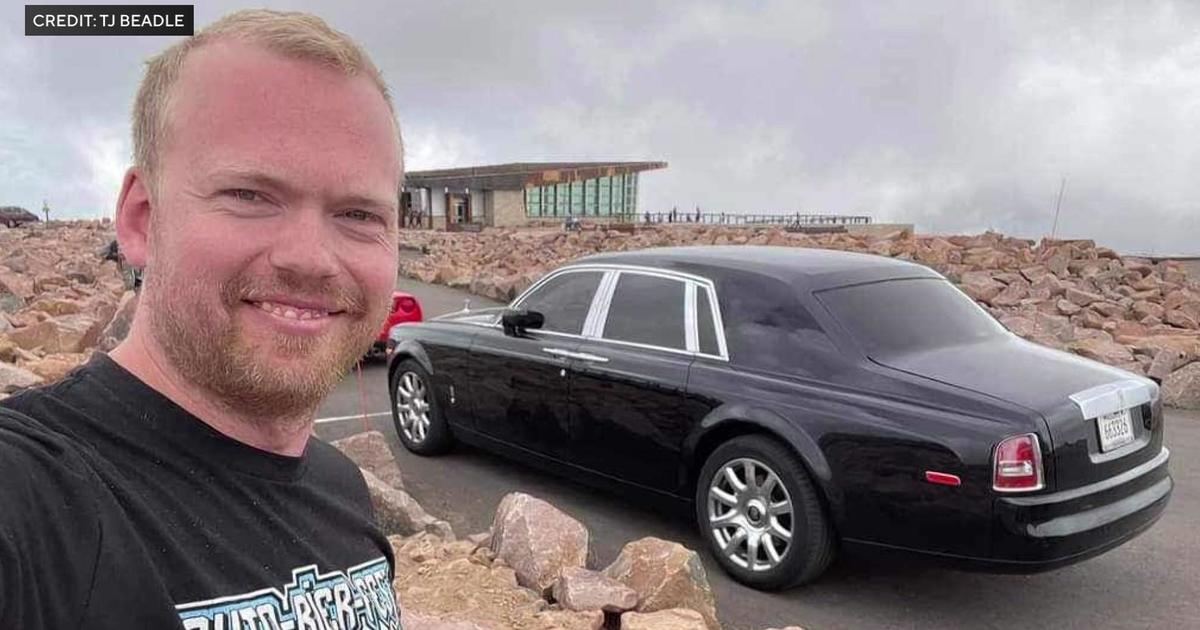Minnesota To See More Than $6B From Infrastructure Bill, Including $100M For Broadband
SHAFER, Minn. (WCCO)-- At Pleasant Valley Orchard, 50 minutes north of the Twin Cities, 5,000 apple trees dot 15 acres of land. But if you're looking for high-speed internet, it's a desert.
"I think people take it for granted, but we don't take it for granted at all," said Judy Erickson, co-owner of the orchard. "We would desperately want to have that technology available for us."
The internet she does have access to at her home across the street is slow and disconnects often. It makes it difficult to run her family-owned small business, inhibiting seemingly simple tasks as printing a credit card receipt and streamlining operations to track inventory after a sale. And of course, Zoom meetings freeze.
"There's just a lot of inefficiencies and time delays and time is money in a small business," Erickson said.
Millions across America are like Erickson without access to high-speed internet, which is an obstacle to education and work in the 21st century. A new infrastructure package awaiting President Joe Biden's signature in Washington includes $65 billion in order to bridge digital divides.
That includes at least $100 million for Minnesota -- if not more.
"While the pandemic sort of highlighted the issues that we have and the gaps that we have, the need for the high-speed broadband doesn't go away when the pandemic is over," said Marc Johnson, executive director of the East Central Minnesota Educational Cable Cooperative and a member of the Governor's Taskforce on Broadband.
He pointed to forthcoming data from the Minnesota Office of Broadband Development that indicates 171,000 households in Minnesota have little to no broadband access and another 240,000 are considered underserved because they don't meet the state goal of broadband speeds of 100/20 Mbps by 2026.
The Erickson's speed? 5.37 Mbps. That's the difference between minutes and hours to upload large files. Some Minnesotans have to transfer files overnight to make it work.
Johnson also noted that the legislature this session flagged $70 million for over two years, which will help the state's efforts to bring everyone online with adequate speeds, he said, but isn't enough to cross the "finish line." The parts of the state that need connection are the most expensive.
He noted that $100 million per state for broadband is the baseline, and that number could increase based on need.
"It's very, very encouraging for the state," Johnson said. "We're very excited about that."
During a news conference on Tuesday, U.S. Reps. Dean Phillips and Angie Craig touted the upwards of $7 billion total that could flow to the state for infrastructure, including broadband. Craig praised the provision as one that will help rural communities "survive and thrive."
"This is really going to help us make sure that that gap is closed once and for all," Craig said.
The U.S. Department of Commerce will play a large role in administering the funds to states and local governments. Once that the infrastructure deal is signed into law, it will still take months to set up a broadband program, said Commerce Secretary Gina Raimondo at the White House on Tuesday. Then it might be well into next year before the physical projects begin, according to CBS News.
For Judy Erickson, the access to high-speed internet in her community can't come soon enough. She likened the expansion to when electricity final reached her parents in rural America decades ago.
"They thought that was important to all rural Minnesotans or all rural Americans that you have electricity. In today's economy, this is just the same thing," Erickson said.



